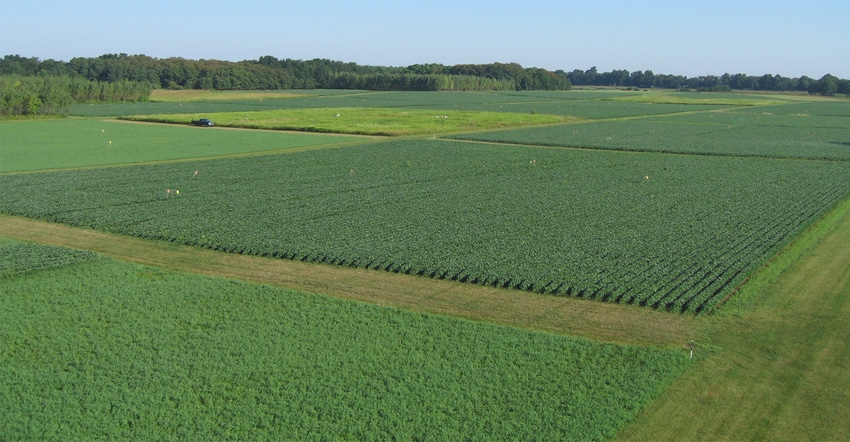February 9, 2017

The 2017 Midwest Cover Crops Council Conference — Making Cover Crops Work: Experiences From the Field — will be in Grand Rapids March 15. Speakers from the Midwest and Ontario will present practical knowledge for the successful use of cover crops.
The conference features joint sessions on cover crop termination and interseeding of cover crops. Three concurrent sessions on cover crop use in field crop, vegetable crop and forage-grazing systems will feature teams of a researcher or educator and farmers presenting their experiences from the field. Certified crop adviser (CCA) continuing education units in integrated pest management, crop management and nutrient management are available through these sessions. Restricted-use pesticide (RUP) credits are pending.
Every year, the conference has an annual business meeting followed by a one-day conference for farmers, researchers, educators, agency personnel, nongovernmental agencies and agribusinesses to learn from one another about the latest information in successful cover cropping. Posters will be displayed detailing cover crop information from around the region. Exhibitors providing cover crop and other agriculture-related services will be present.
Registration for the event, which will be held at the Crowne Plaza, 5700 28th St. in Grand Rapids, is $100, can be found online.
The MCCC’s goal is to facilitate widespread adoption of cover crops throughout the Midwest and improve ecological, economic and social sustainability. The following states and provinces are represented at the conference: Illinois, Indiana, Iowa, Kansas, Michigan, Minnesota, Missouri, Nebraska, North Dakota, Ohio, Ontario, South Dakota and Wisconsin.
For more information on the conference, contact Dean Baas at [email protected] or 269-967-9672.
Source: MSU Extension
You May Also Like




